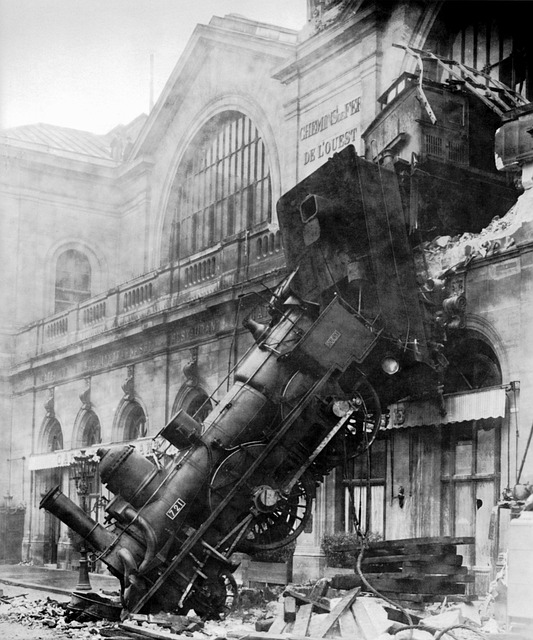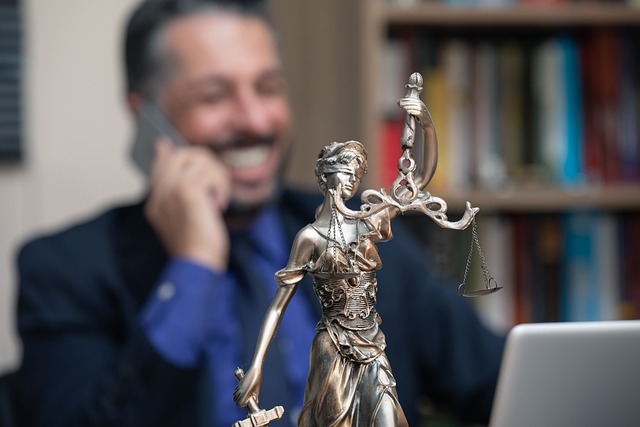In Brooklyn, Product Defect Lawsuits are crucial for ensuring rideshare companies maintain high safety standards and are held accountable for negligence leading to accidents. These legal actions, initiated by victims with medical records, accident reports, and expert opinions, aim to enhance industry-wide safety through liability and negligence arguments against both rideshare companies and vehicle manufacturers. Public concern over high-profile incidents has fueled a rise in such cases, focusing on driver background checks, vehicle safety, and emergency response protocols. Navigating these lawsuits requires understanding complex legal intersections of personal injury, product defects, and consumer protection regulations specific to Brooklyn.
In the dynamic landscape of urban mobility, ridesharing services have revolutionized transportation. However, as popularity soars, so do concerns around safety and accountability. This article delves into the intricate world of Product Defect Lawsuits in Brooklyn, offering a comprehensive guide on understanding legal complexities. We explore real-world case studies and legal considerations shaping rideshare safety litigation, providing insights crucial for both industry stakeholders and consumers navigating this evolving legal terrain.
- Understanding Product Defect Lawsuits in Brooklyn: A Comprehensive Guide
- Navigating Rideshare Safety Litigation: Case Studies and Legal Considerations
Understanding Product Defect Lawsuits in Brooklyn: A Comprehensive Guide

In Brooklyn, Product Defect Lawsuits are a critical aspect of ensuring consumer safety and accountability within the rideshare industry. These legal actions arise when individuals suffer injuries or harm due to defects in vehicles used by rideshare companies. Such defects can include issues with brakes, steering mechanisms, or other safety features, leading to accidents that result in severe injuries.
Brooklyn’s legal landscape provides a comprehensive framework for these cases, allowing victims to seek justice and compensation. When filing a Product Defect Lawsuit in Brooklyn, it’s essential to gather thorough evidence, including medical records, accident reports, and expert opinions, to establish the fault of the rideshare company or vehicle manufacturer. This process is designed to hold responsible parties accountable for their negligence, ultimately enhancing safety standards within the rideshare industry.
Navigating Rideshare Safety Litigation: Case Studies and Legal Considerations

Navigating Rideshare Safety Litigation involves a complex interplay of personal injury law, product defect lawsuits, and consumer protection regulations. In recent years, Brooklyn has seen an increase in cases centered around rideshare safety, driven by high-profile incidents and growing public concern. Case studies from across the nation highlight various challenges: from driver background checks to vehicle safety standards and emergency response protocols.
Legal considerations in these cases are multifaceted. Plaintiffs often argue that rideshare companies have a duty of care to ensure safe rides for passengers. This involves examining whether companies adequately vet drivers, maintain vehicles, and implement effective safety measures. Product defect lawsuits in Brooklyn target both the rideshare company and vehicle manufacturers, with a focus on issues like faulty brakes, poor lighting, or lack of safety features. Understanding the nuances of liability and negligence is crucial to navigating these complex cases effectively.
In navigating the complex landscape of Product Defect Lawsuits Brooklyn, understanding both legal principles and real-world case studies is paramount. As rideshare safety litigation continues to evolve, recognizing the rights and responsibilities within these claims is essential for all involved. By studying successful cases and staying informed on relevant legal considerations, individuals can better protect themselves and contribute to enhancing overall safety measures in the rideshare industry.
